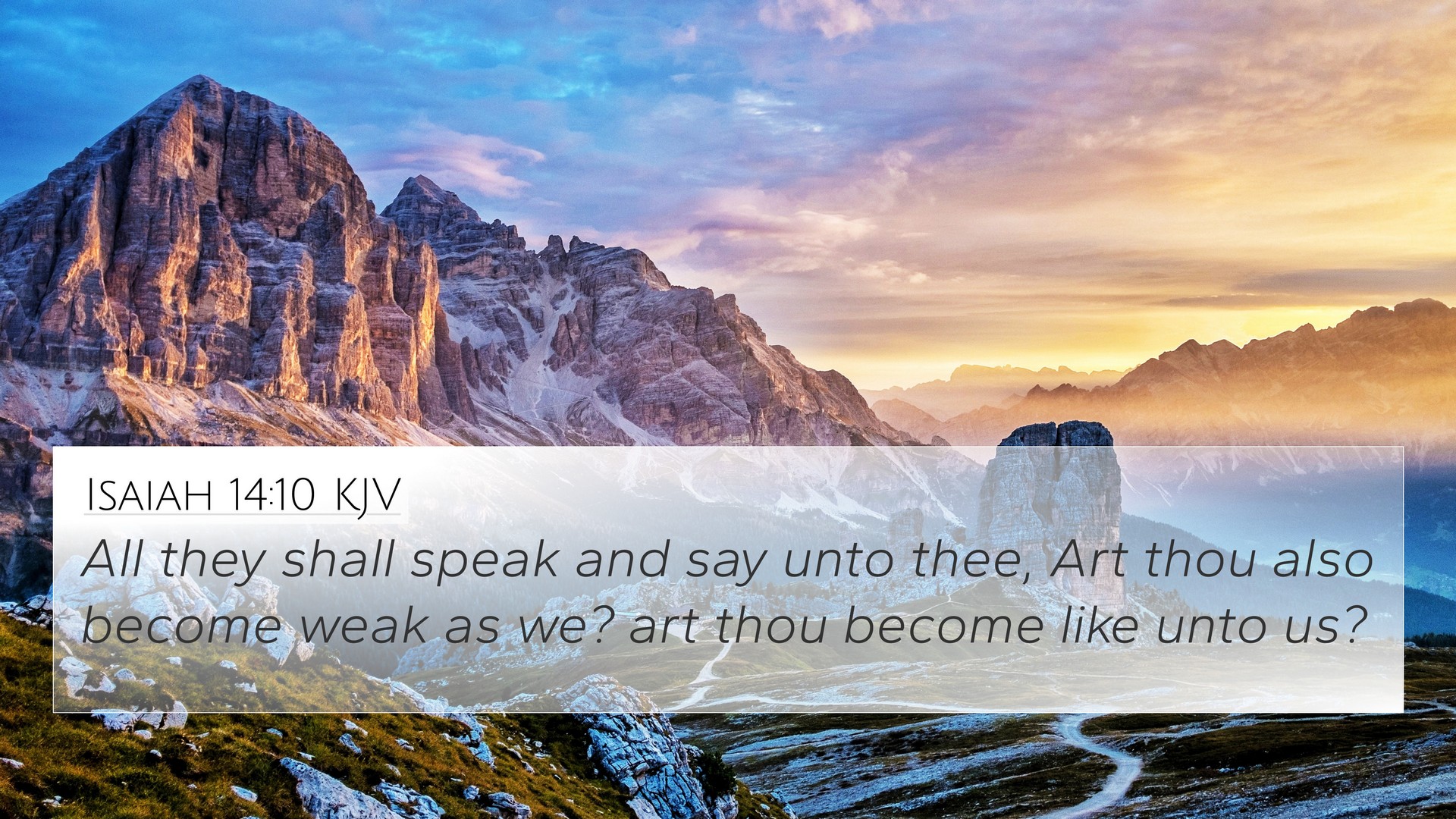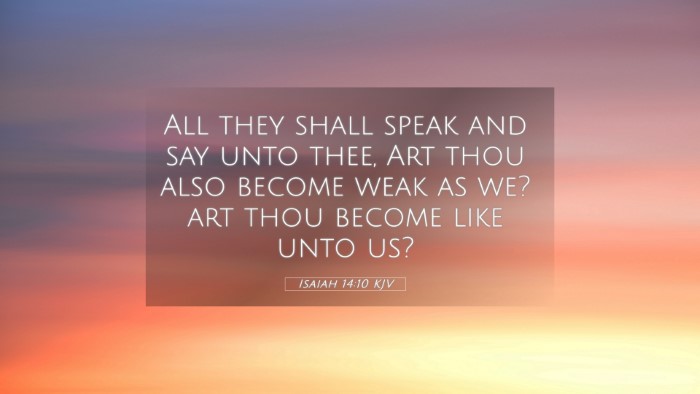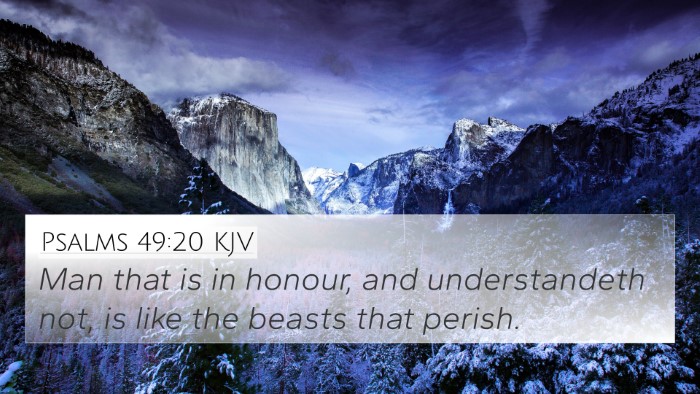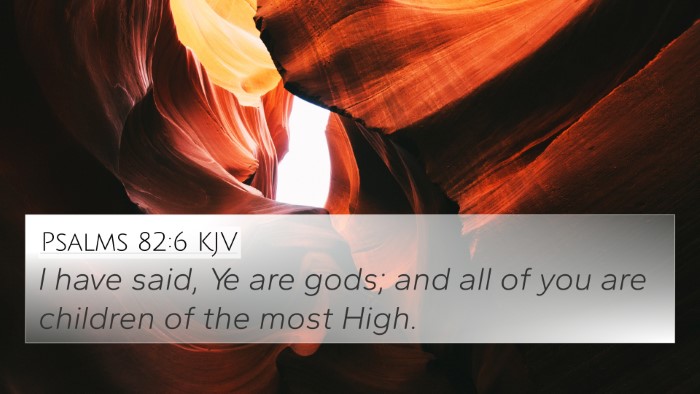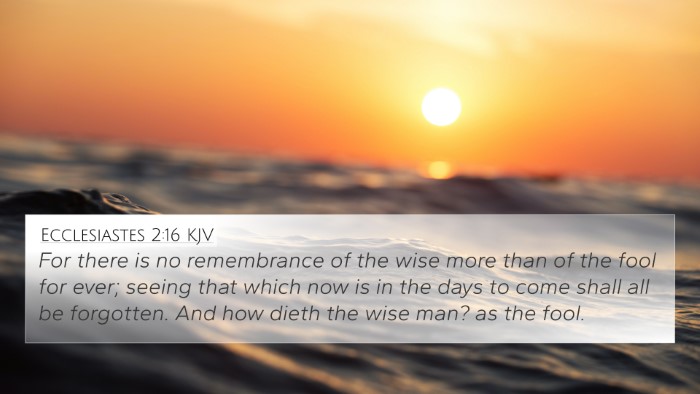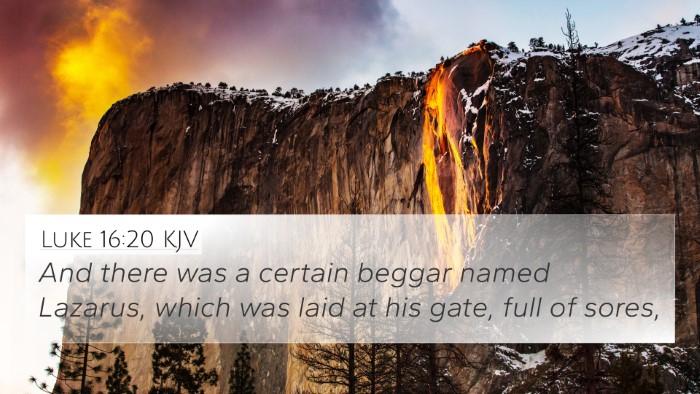Understanding Isaiah 14:10
Isaiah 14:10 states: "All of them will respond and say to you: ‘You too have become weak, as we are; you have become like us.’” This verse occurs in the context of a prophetic declaration against the king of Babylon, encapsulating themes of pride, downfall, and universal mortality.
Summary of Insights from Public Domain Commentaries
This commentary combines insights from Matthew Henry, Albert Barnes, and Adam Clarke, providing a comprehensive understanding of Isaiah 14:10.
Contextual Overview
The chapter addresses the restoration of Israel and the ultimate judgement of Babylon, symbolizing the oppression and tyranny of empires. The passage introduces a shift where once proud rulers will face humiliation and acknowledgment of their mortality.
Matthew Henry's Perspective
Matthew Henry highlights the ironic fate of the once mighty king who, although he exalted himself, will be brought low among the dead.
- Weakness of the proud: This verse emphasizes that those who once terrorized others will find themselves just as vulnerable.
- Universality of death: Whether powerful or weak, all will ultimately meet the same end.
Albert Barnes' Insights
Albert Barnes further expounds that this verse is part of a monologue by the dead kings who confront the king of Babylon, illustrating that his reign of terror has come to an end.
- The nature of sin: The passage reflects on how arrogance leads to the downfall of mighty figures.
- Connection to resurrection: It points to the eventual equality among man in death.
Adam Clarke's Commentary
Adam Clarke comments that the dead speaking to the king of Babylon represents a profound transformation from pride to shame, reminding him of his transitory existence.
- Mockery of the proud: There is a sense of irony as the great become as nothing.
- Prophetic fulfilment: This serves as a warning to all leaders about the consequences of pride.
Thematic Connections and Cross-References
This verse offers rich thematic connections with other scriptural references. Here are notable cross-references that enhance the understanding of Isaiah 14:10:
- Proverbs 16:18: “Pride goes before destruction, a haughty spirit before a fall.” — Highlights the downfall associated with pride.
- Psalm 49:14: “They are like sheep and are destined to die; death will be their shepherd.” — Emphasizes the fate of all men regardless of their status.
- Ezekiel 28:17: “Your heart became proud on account of your beauty, and you corrupted your wisdom because of your splendor.” — Speaks to the pride that leads to downfall.
- James 4:6: “God opposes the proud but shows favor to the humble.” — Illustrates the consequences of pride.
- Revelation 20:10: “And the devil, who deceived them, was thrown into the lake of burning sulfur.” — Connects the ultimate fate of evil leaders.
- Luke 10:18: “I saw Satan fall like lightning from heaven.” — Reflects the fall from grace similar to that of Babylon's king.
- Job 30:19: “He throws me into the mud, and I am reduced to dust and ashes.” — The imagery of humiliation in the face of mortality.
Comparative Analysis of Biblical Themes
Isaiah 14:10 serves as a pivotal verse when exploring themes of pride, power, and the eventual equality brought by death. Its implications are not only historical but are relevant in understanding the spiritual lessons related to humility and divine justice.
Incorporating tools such as a Bible concordance or a Bible cross-reference guide can help deepen the study. Here are several Bible cross-reference methods one can utilize:
- Cross-reference Bible study: Investigate linked verses that share themes or provide deeper meanings.
- How to use Bible cross-references: Connect different passages to see overarching messages.
- Bible reference resources: Use additional commentaries that provide historical context and theological insight.
Practical Implications and Reflection
Reflecting on Isaiah 14:10 encourages humility among believers. In a world that often glamorizes power and pride, the reminder that all will one day acknowledge their mortality fosters a spirit of compassion and unity.
Engaging with these themes can transform not only personal beliefs but also enhance sermon preparation and teaching within communities.
Conclusion
Isaiah 14:10 ultimately emphasizes the transient nature of power, reinforcing the Biblical truth that humility is more favorable before God than arrogance. As believers, understanding the connections and themes found within this verse enriches our knowledge of the scriptures and guides us in our spiritual journey.
